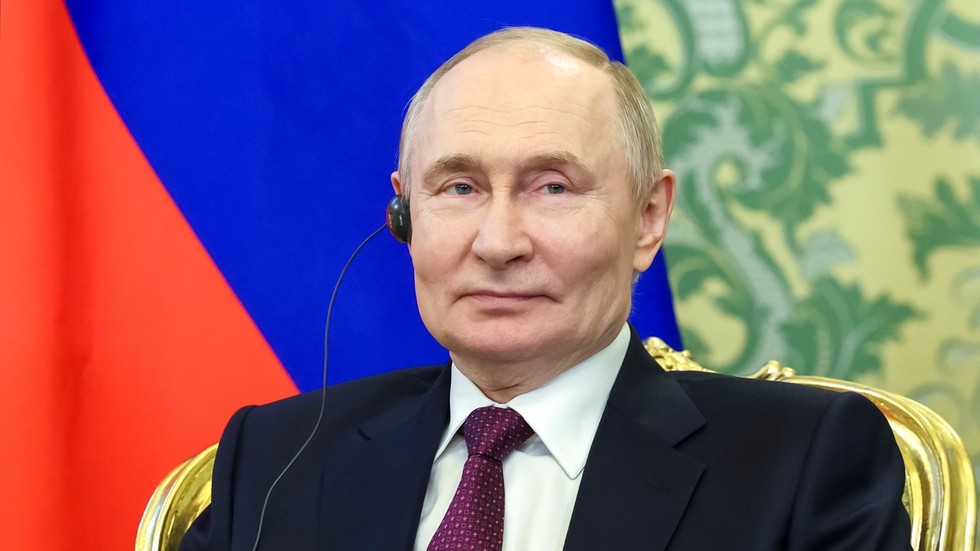FIFA are "not taking the dangers of extreme heat seriously enough" and are on course for a "perfect storm" of unsafe conditions at major events like the 2026 World Cup, according to Peter Crisp from environmental advocacy group Fossil Free Football.
Speaking after Bayern Munich lost to Benfica in temperatures of 36 degree Celsius (97 Fahrenheit), at the Club World Cup in Charlotte on Tuesday, Crisp told DW that such an outcome, which has become commonplace in recent days at the Club World Cup, should have been entirely predictable to football's global governors.
"This was a very obvious risk. It only took a brief look at the previous weather records from the cities involved to show that dangerous heat was absolutely going to impact this tournament, and so it's proved," he said.
Bayern coach Vincent Kompany referred to the "tough conditions" in his post-match press briefings, adding that one positive of the loss, which still saw Bayern progress, is that "we don't need to play in Charlotte anymore."
Players not able to perform at their best
Unfortunately, for the German champions, the issues are not confined to one city, with a climate phenomenon known as the "heat dome" seeing record-high temperatures recorded across the east of the USA.
 Drinks breaks are mandated twice a game when the combination of temperature and humidity reaches a certain levelImage: Kai Pfaffenbach/REUTERS
Drinks breaks are mandated twice a game when the combination of temperature and humidity reaches a certain levelImage: Kai Pfaffenbach/REUTERSOn Saturday, in Cincinnati, it was Borussia Dortmund who struggled to cope with the 32-degree heat. Pictures of their substitutes sat away from the pitch in an air conditioned locker room seemed to strike a chord with players, clubs and fans. Dortmund coach Niko Kovac said he was "sweating like I've just come out of a sauna" at the match and that it was "tough going for both teams" while acknowledging South African opponents Mamelodi Sundowns were more accustomed to such conditions.
Kompany added that the conditions made it impossible for the players to play at their maximum.
"I was a little apprehensive regarding the heat and the pitch. I wasn't worried we wouldn't win, I was more concerned with the flow of the game," said Kompany.
The pace of games at the tournament has generally been slow, with players attempting to conserve energy, a criticism that has been increasingly leveled at World Cups in recent years.
In a statement sent to DW, FIFA said it put the health of anyone involved first and said it worked with both clubs and local health authorities to combat any dangers.
FIFA insist protocols in place are enough
"FIFA is implementing a sound preventative concept at all venues, including cooling breaks in the 30th and 75th minutes in accordance with the relevant protocols," the statement read, while adding that fans may bring reusable plastic bottles in to stadiums.
 Manuel Neuer has been among the players who have found conditions tough at the Club World CupImage: Kai Pfaffenbach/REUTERS
Manuel Neuer has been among the players who have found conditions tough at the Club World CupImage: Kai Pfaffenbach/REUTERS"From a broader player welfare perspective, besides having the right to make a maximum of five substitutions, teams can make an additional substitution if a match goes into extra time (regardless of whether the team has used its maximum number of substitutes or not), as well as a concussion substitution. Additionally, all teams have a minimum of three rest days between matches to facilitate recovery."
Many in football, including big name players, coaches and the global players union, FIFPRO, believe three rest days is not enough for players who, thanks to the introduction of the Club World Cup in what is usually a rest period in the calendar for most teams, are being asked to play and travel more than ever before. Indeed, FIFPRO have started legal proceedings against FIFA, partly on the basis that: "the oversaturated international football calendar risks player safety and wellbeing."
Crisp sees changes to scheduling as an easy first step, questioning the logic of playing games at midday when at the Copa America last June an assistant referee collapsed due to the heat during a daytime game in Kansas City. Larger changes to the calendar may well have to follow.
Why play in the hottest part of the day?
"I think FIFA need to think seriously about revising the protocol to shift kick-off times to safer periods of the day if that's needed. When we saw the forecast for Bayern Munich against Benfica, we could see a week in advance that it was going to be really dangerous temperatures," he said. "But unfortunately, in a rapidly heating world, those kind of small adaption measures are really just going to be playing around the edges."
Despite being asked the question directly, FIFA did not reference what the scenes at the Club World Cup would mean for its future tournaments. Sixteen cities are to host World Cup games in the USA, Canada and Mexico in 2026. But only five of the stadiums that will be used have roofs to provide some sun protection in a tournament set to be played at a similar time of year.
 FIFA President Gianni Infantino has driven the Club World Cup through despite oppositionImage: Brennan Asplen/Getty Images
FIFA President Gianni Infantino has driven the Club World Cup through despite oppositionImage: Brennan Asplen/Getty Images"I think 2026 is almost a perfect storm where FIFA have decided to massively expand the competition, pushing it to 104 matches, which means that it's extremely likely that many of those matches are going to intersect with periods of dangerous weather, Crisp said. "Expanding the competition so heavily obviously also massively increases the amount of flying that's needed as millions of fans join their teams and travel around the whole of North America."
Infantino toasts tournament
The next two men's World Cups are due to be played in Spain, Portugal and Morocco (2030) and then Saudi Arabia (2034). Both of these countries can reasonably be expected to be under similarly hot conditions at the relevant times.
The impacts on the environment, the safety of players and the quality of the games are clear to many at the Club World Cup, but FIFA boss Gianni Infantino appears happy enough with their new competition.
"Those who are not there, of course, they would love to be there. So, maybe, some criticize it a little bit, but it's something new, it's something special, it's something big. It is a real World Cup with the best teams and the best players," he said on Sunday.
Edited by: Chuck Penfold

 6 hours ago
3
6 hours ago
3









